-
×
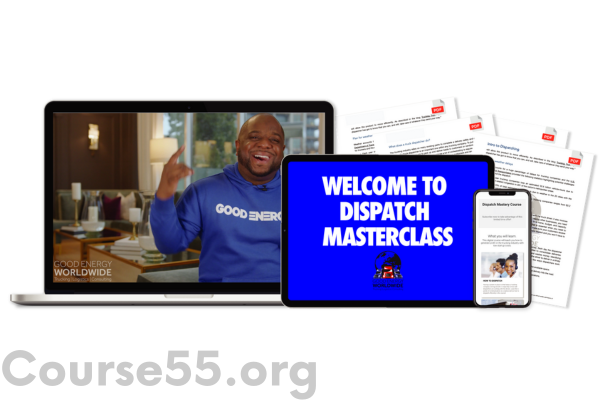 Dispatch Mastery Course – Good Energy Worldwide
1 × $30.80
Dispatch Mastery Course – Good Energy Worldwide
1 × $30.80 -
×
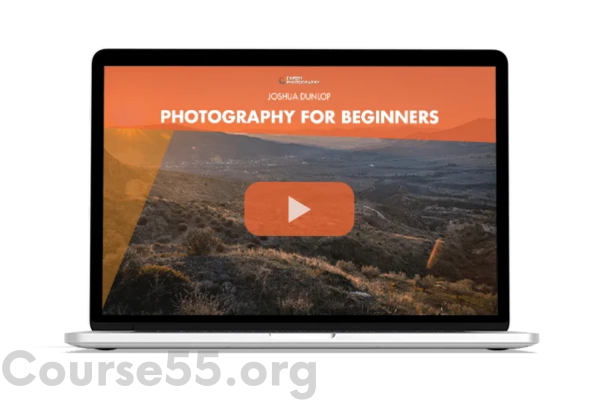 Photography for Beginners By Josh Dunlop
1 × $30.80
Photography for Beginners By Josh Dunlop
1 × $30.80 -
×
 TCE - The Content Emporium - Human Design By PHOEBE KUHN
1 × $30.80
TCE - The Content Emporium - Human Design By PHOEBE KUHN
1 × $30.80 -
×
 Investment Banking Networking Toolkit By Breaking Into Wall Street
1 × $30.80
Investment Banking Networking Toolkit By Breaking Into Wall Street
1 × $30.80 -
×
 $100M+ Social Ads Framework By Hernan Vazquez
1 × $30.80
$100M+ Social Ads Framework By Hernan Vazquez
1 × $30.80
101 Practical Strategies for the Treatment of GAD, Panic, OCD, Social Anxiety Disorder, Phobias and Insomnia By Jennifer Abel
$300.00 Original price was: $300.00.$30.80Current price is: $30.80.
SKU: C55org.11463jWzT58SS
Category: Download
Tags: 101 Practical Strategies for the Treatment, GAD, Insomnia, Jennifer Abel, OCD, Panic, PESI, Phobias, Social Anxiety Disorder
Review of 101 Practical Strategies for the Treatment of GAD, Panic, OCD, Social Anxiety Disorder, Phobias, and Insomnia by Jennifer Abel – Immediate Download!
Content Proof:
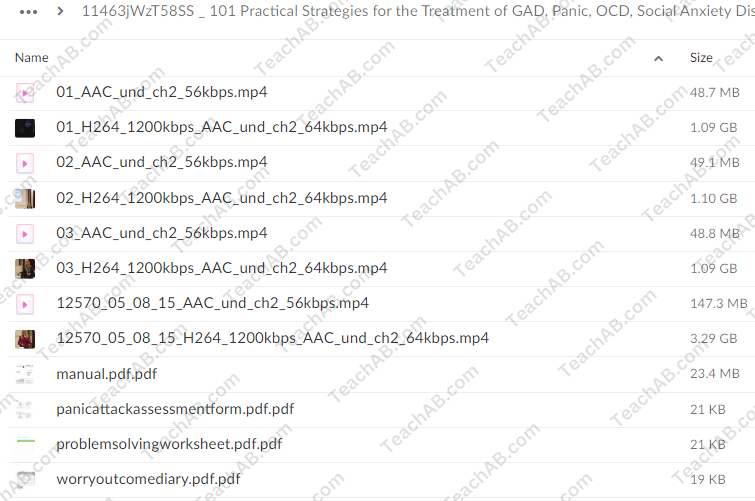
In today’s dynamic mental health landscape, effective interventions for anxiety disorders are more essential than ever. Dr. Jennifer Abel’s seminar, 101 Practical Strategies for the Treatment of GAD, Panic, OCD, Social Anxiety Disorder, Phobias, and Insomnia, serves as a powerful resource for clinicians looking to enhance their therapeutic repertoire. This in-depth training blends contemporary research with actionable, evidence-based methods, making it an indispensable guide for those working with clients facing a wide range of anxiety-related challenges. The seminar delivers hands-on tools and conceptual insights rooted in cognitive-behavioral therapy, exposure-based practices, and client-centered engagement. The following review outlines the central concepts and methods presented by Abel, highlighting their clinical relevance and real-world application.
Understanding Anxiety Disorders

Anxiety disorders encompass a wide spectrum of conditions that can disrupt daily functioning and overall quality of life. Abel provides a clear, in-depth breakdown of key disorders—Generalized Anxiety Disorder (GAD), Panic Disorder, Obsessive-Compulsive Disorder (OCD), Social Anxiety, and specific phobias—beginning with diagnostic features, common symptoms, and core psychological mechanisms. For instance, GAD is characterized by ongoing and uncontrollable worry across various domains, whereas OCD involves intrusive thoughts and ritualized behaviors aimed at reducing distress.
This foundational understanding is vital for practitioners. As research in the Journal of Anxiety Disorders confirms, accurate diagnosis and a deep understanding of each condition significantly enhance treatment outcomes. Abel’s approach integrates empirical evidence to reinforce clinical assessment and promote more personalized care strategies.
Her structured overview encourages therapists to recognize subtle distinctions among disorders, aiding in more precise treatment planning. By deepening their diagnostic acumen, clinicians are better prepared to address each client’s unique symptom profile.
Cognitive Behavioral Therapy (CBT)
CBT stands as one of the most validated treatment models for anxiety, and Abel places it front and center in her seminar. Built on the premise that thoughts, emotions, and behaviors are interconnected, CBT aims to help clients identify and shift maladaptive thinking patterns that fuel anxiety.
Abel shares a wide range of CBT interventions, such as cognitive restructuring, which involves recognizing and reframing distorted beliefs. For example, a client who believes “I always mess things up” can be guided to adopt a more balanced thought like, “I’ve succeeded before and can improve with practice.”
She also explores how CBT can be tailored to different populations, ensuring flexibility in real-world application. A 2018 meta-analysis published in Psychological Bulletin underscores CBT’s effectiveness across anxiety diagnoses, reinforcing its value as a core intervention.
Importantly, Abel encourages clinicians to refine their CBT delivery through continual feedback and progress tracking. This helps therapists customize strategies as treatment evolves, supporting more adaptive and individualized client care.
Exposure-Based Interventions
A key highlight of the seminar is Abel’s detailed discussion of exposure-based strategies—particularly Exposure and Response Prevention (ERP), which is highly effective for OCD and phobias. ERP involves gradually helping clients face anxiety-provoking stimuli in a supportive setting, breaking the cycle of avoidance that maintains distress.
Abel presents a step-by-step model for using graded exposure, beginning with manageable challenges and gradually increasing intensity to reduce overwhelm. This measured approach fosters both safety and therapeutic momentum.
Research, including findings from the American Journal of Psychiatry, validates ERP as one of the most effective interventions for OCD. Abel’s practical advice ensures therapists can confidently structure exposure work and support clients through the process.
She also emphasizes collaborative planning of exposure hierarchies—engaging clients in identifying goals and tasks—thus promoting ownership and motivation throughout treatment.
Enhancing Client Engagement
One of the seminar’s strengths lies in its emphasis on the therapeutic alliance and active client involvement. Abel highlights motivational interviewing and collaborative goal-setting as powerful tools for increasing engagement.
Motivational interviewing encourages open dialogue around ambivalence, helping clients find their own reasons for change. For example, instead of directing the client, the therapist might ask, “What would feel different for you if anxiety had less control over your life?” This fosters insight and internal motivation.
Collaborative goal development also helps clients feel more invested in their progress. According to the Journal of Clinical Psychology, this shared decision-making process leads to better adherence and improved satisfaction with therapy.
Abel provides templates and scripts to facilitate these interactions, giving therapists practical strategies for building rapport and co-creating meaningful therapeutic goals.
Practical Tools and Clinical Resources
A major asset of this seminar is the abundance of tangible tools Abel provides for immediate clinical use. These include client handouts, symptom tracking forms, and structured worksheets that bring theoretical models to life in-session.
These tools streamline interventions such as CBT exercises, anxiety monitoring, and treatment planning. By offering materials that can be readily implemented, Abel reduces the gap between conceptual learning and everyday practice.
Therapists also benefit from digital access to the seminar’s content after completion, allowing for ongoing learning and reinforcement of the techniques discussed. This feature supports both retention and skill refinement over time.
Addressing Comorbid Insomnia
An important element of the program is its focus on managing sleep issues, which frequently co-occur with anxiety disorders. Insomnia not only worsens anxiety symptoms but can hinder recovery if left untreated.
Abel outlines a range of effective strategies, including CBT for Insomnia (CBT-I), relaxation techniques, and improved sleep hygiene. She recommends actions such as consistent bedtimes, limiting screen use, and mindfulness practices to ease the transition into sleep.
The Journal of Clinical Sleep Medicine has shown that improving sleep significantly enhances overall anxiety treatment. By including sleep management techniques, Abel equips clinicians with a more integrative approach to anxiety care.
Commitment to Ongoing Learning
Finally, Abel underscores the importance of continued professional development. The field of mental health is constantly advancing, and staying current with new methodologies is essential for effective practice.
Access to on-demand replays of the seminar ensures that therapists can revisit and absorb material at their own pace. Abel also encourages clinicians to participate in supervision groups, peer consultations, and professional workshops to continue honing their skills.
As highlighted by the APA’s Psychotherapy Journal, regular engagement in professional learning correlates with better client outcomes and increased therapist confidence.
Conclusion
Jennifer Abel’s 101 Practical Strategies seminar offers a robust and actionable framework for clinicians treating anxiety-related conditions. By blending evidence-based modalities, clinician-friendly resources, and client-centered engagement techniques, Abel delivers a training experience that is both educational and directly applicable. Her emphasis on practical implementation, personalized treatment planning, and ongoing growth ensures that therapists are equipped to provide high-quality, adaptable care. For professionals looking to elevate their effectiveness in treating anxiety, this seminar is an outstanding resource.
Frequently Asked Questions:
Business Model Innovation: We operate a group buying strategy, allowing participants to share costs and access popular courses at reduced prices. This model benefits individuals with limited financial resources, despite concerns from content creators about distribution methods.
Legal Considerations: The legality of our operations involves complex issues. Although we don’t have explicit permission from course creators to resell their content, there are no specific resale restrictions stated at the time of purchase. This ambiguity creates an opportunity for us to provide affordable educational resources.
Quality Control: We ensure that all course materials purchased are identical to those offered directly by the creators. However, it’s important to understand that we are not official providers. As such, our offerings do not include:
– Live coaching calls or sessions with the course author.
– Access to exclusive author-controlled groups or portals.
– Membership in private forums.
– Direct email support from the author or their team.
Our goal is to make education more accessible by offering these courses independently, without the additional premium services available through official channels. We appreciate your understanding of our unique approach.
Be the first to review “101 Practical Strategies for the Treatment of GAD, Panic, OCD, Social Anxiety Disorder, Phobias and Insomnia By Jennifer Abel” Cancel reply
You must be logged in to post a review.



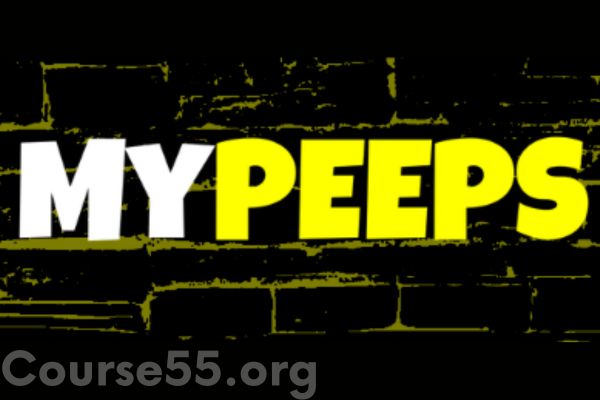
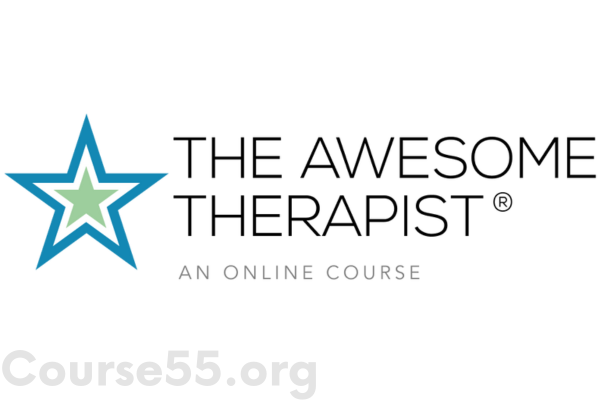





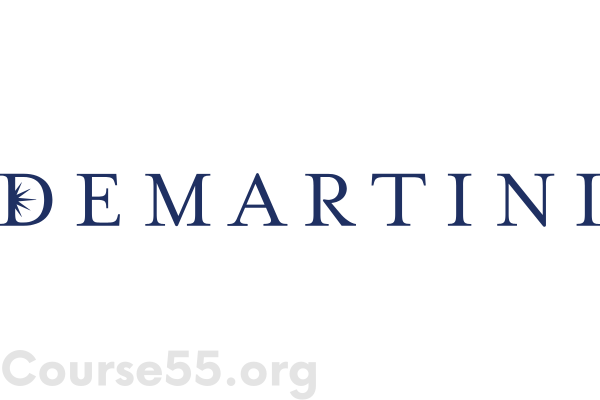


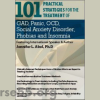
Reviews
There are no reviews yet.